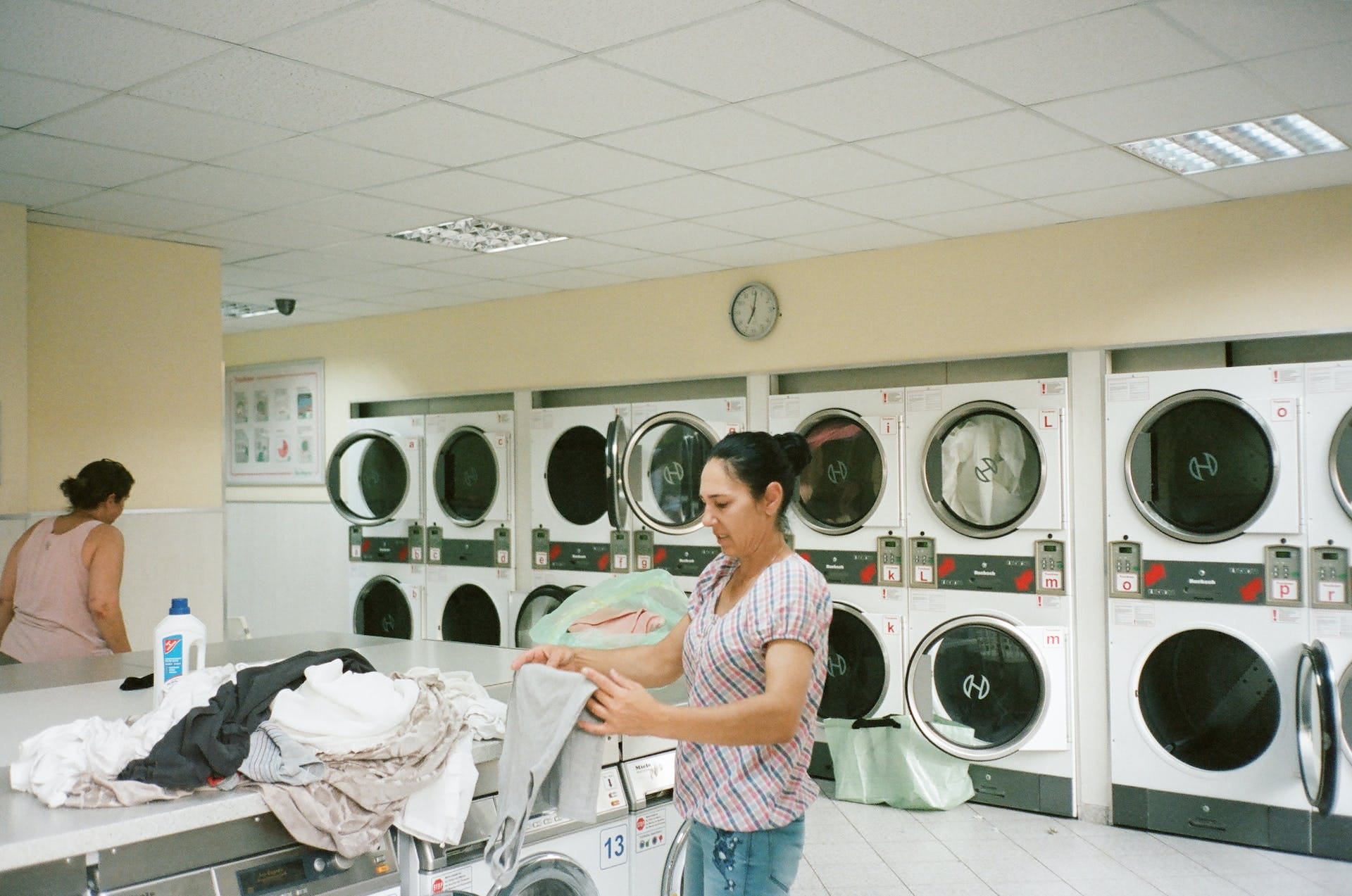In today's fast-paced world, the demand for convenient and efficient laundry services is ever-increasing, making laundromats a lucrative business opportunity. If you're considering diving into this industry, this guide will walk you through the essential steps to buy a laundromat, ensuring a smart and profitable investment.
Why Invest in a Laundromat?
Consistent Demand
Laundromats offer a recession-proof business model. Regardless of economic fluctuations, people always need clean clothes, making this a stable investment.
Passive Income Potential
With the right setup, laundromats can provide a relatively hands-off income stream, perfect for entrepreneurs looking to diversify their investments.
Community Contribution
Laundromats serve a vital community need, especially in urban areas where in-home laundry facilities are scarce.
Step-by-Step Guide to Buying a Laundromat
Step 1: Market Research
Conduct thorough market research to understand the local demand, competition, and customer demographics. Look for areas with high rental populations, as they are more likely to use laundromat services.
Step 2: Financial Assessment
Evaluate your financial capacity. Consider the initial investment, which includes the purchase price, renovation costs, and working capital. Research financing options like small business loans if necessary.
Step 3: Location Analysis
The success of a laundromat largely depends on its location. Ideal locations are easily accessible, visible, and situated in high-traffic areas near apartments or college campuses.
Step 4: Existing vs. New Laundromat
Decide whether to buy an existing laundromat or start a new one. Buying an established business can be advantageous as it comes with an existing customer base and proven cash flow.
Step 5: Due Diligence
When considering an existing laundromat, conduct due diligence. Review financial statements, inspect equipment, assess the condition of the premises, and understand any existing lease agreements.
Step 6: Modernization and Efficiency
Modern laundromats are more than just rows of washing machines. Consider upgrading equipment to energy-efficient models and adding amenities like Wi-Fi, coffee bars, and comfortable seating areas to enhance customer experience.
Step 7: Licensing and Regulations
Understand the legal requirements, including business licenses and health and safety regulations. Compliance is crucial for smooth operation.
Step 8: Operational Strategies
Plan your operational strategies. Decide if you will run the laundromat yourself or hire a manager. Implement systems for maintenance, customer service, and financial management.
Step 9: Marketing Plan
Develop a marketing plan to attract and retain customers. Utilize social media, local advertising, and loyalty programs. Remember, a strong online presence can significantly impact your business’s visibility.
Step 10: Grand Opening
Plan a grand opening event to create buzz in the community. Offer special promotions to attract your first customers and gather feedback to make improvements.
Navigating Challenges and Maximizing Profit
Understanding Industry Trends
Stay informed about the latest trends in the laundromat industry. This includes technological advancements, new business models like laundry pickup and delivery services, and eco-friendly practices. Adapting to these trends not only keeps your business relevant but also appeals to a broader customer base.
Efficient Management Practices
Efficient management is key to maximizing profits. This includes regular maintenance of machines, managing utility costs, and ensuring excellent customer service. Consider using laundromat-specific software for better business management and tracking.
Building Customer Loyalty
Customer loyalty is crucial for sustained success. Regular customers provide stable income and can become advocates for your business. Implement loyalty programs, provide consistent quality service, and engage with your community to build a loyal customer base.
Scaling Your Business
Once your first laundromat is successful, consider scaling up. This could mean expanding your current location or buying additional laundromats. Scaling up should be a strategic decision based on thorough market analysis and financial stability.
Additional Tips for Success
Networking
Connect with other laundromat owners and industry professionals. This network can provide valuable insights, advice, and potential business opportunities.
Sustainability
Implementing sustainable practices not only reduces operational costs but also attracts environmentally conscious customers.
Customer Feedback
Actively seek and listen to customer feedback. This can guide improvements and innovations in your service.
Final Thoughts
Venturing into the laundromat business, particularly in the coin laundry sector, presents a unique opportunity for entrepreneurs looking to capitalize on a steady market. When considering a laundromat purchase, it's vital to thoroughly analyze the gross income potential, which can significantly influence the decision to secure bank loans or opt for seller financing. Furthermore, understanding the nuances of repair machines is essential in maintaining a smooth, self-service operation, ensuring the business remains a good investment over time.
Keep in mind that while older machines might lower the initial cost of sale, they may require more frequent maintenance, impacting both money and time resources for the owner. The process of buying and selling a laundromat demands careful financial planning and market analysis. As an owner, exploring the integration of an online business model can enhance the traditional coin laundry setup, potentially increasing the establishment's visibility and customer reach.
Remember, a successful laundromat purchase is not just about acquiring property; it's about investing in a business that requires continuous engagement and improvement. By considering factors like gross income, the cost of maintenance, and the potential for modernization, entrepreneurs can make informed decisions, securing their position as savvy investors in the thriving world of self-service laundry businesses.




